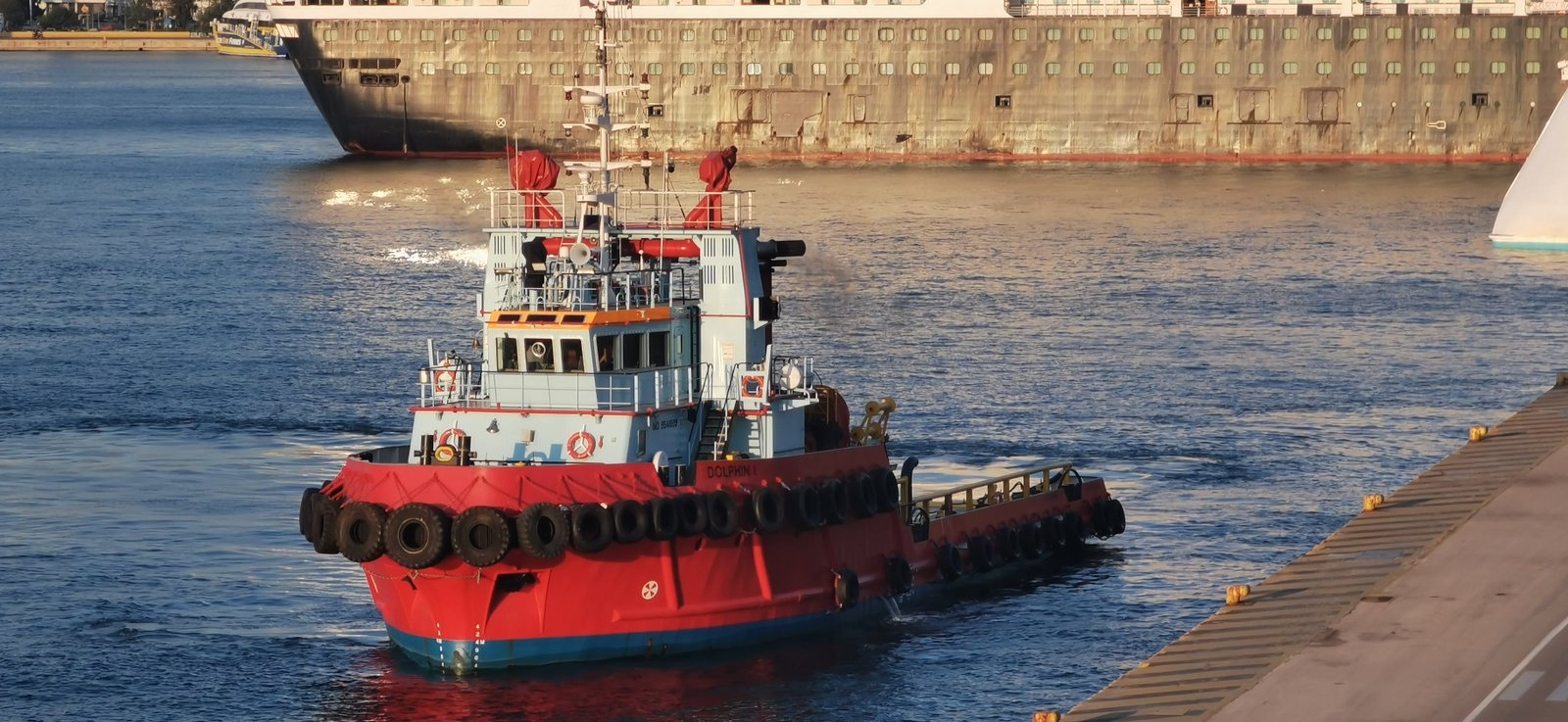
Refined Oil Trading
Oil trading involves the buying and selling of refined oil products, navigating a complex global market. The process begins with oil refineries transforming crude oil into valuable products such as gasoline, diesel, and jet fuel. These refined products are then traded on commodity exchanges, where market dynamics, geopolitical events, and supply-demand factors determine prices.
Traders, ranging from oil companies to financial institutions, engage in transactions to capitalize on market opportunities. Risk management strategies, including hedging, play a crucial role in mitigating the impact of price volatility. The industry is heavily influenced by geopolitical tensions, regulatory changes, and global economic conditions, making oil trading a dynamic and challenging endeavor that requires a sophisticated understanding of the energy market.

Trading Process
Refined oil trading involves a comprehensive process from production to distribution, with various stakeholders playing key roles:
- Refining
- Quality Control
- Market Analysis
- Contracting
- Commodity Exchanges
- Risk Management
- Regulatory Compliance
- Documentation
- Distribution
- Market Monitoring
- Booking and Documentation
- Cargo Packaging and Labeling
- Customs Clearance
- Transport to Port
- Port Operations
- Vessel Departure
- Voyage
- Customs Clearance at Destination
- Inland Transportation
- Delivery to Consignee
